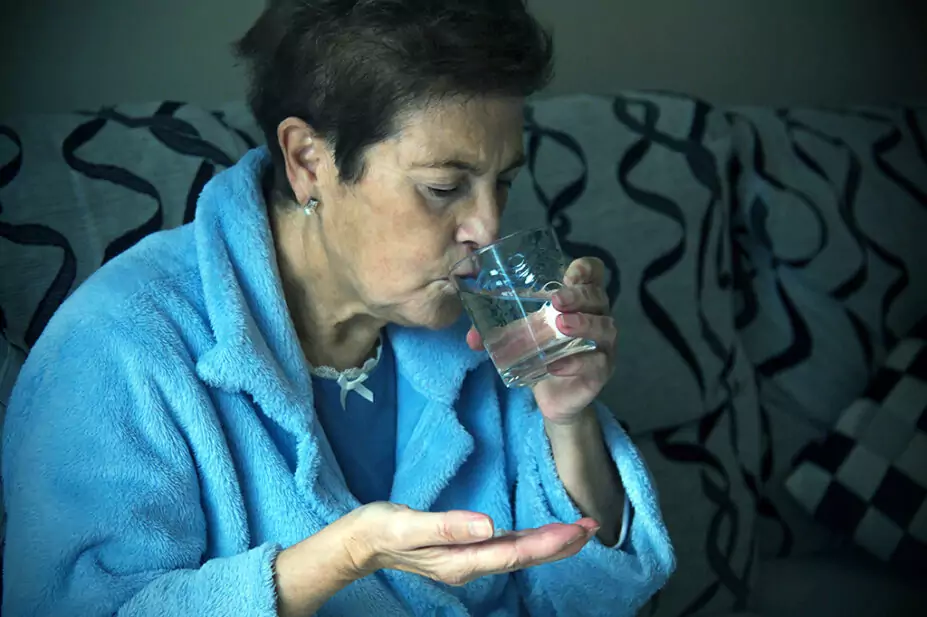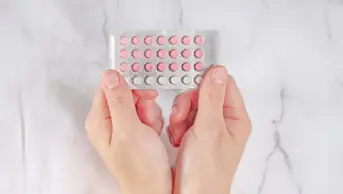
Shutterstock.com
The number of hormone replacement therapy (HRT) products prescribed in England increased by 47% between 2022 and 2023, data published by the NHS Business Services Authority (BSA) show.
Overall, the NHS data, which were published on 26 October 2023, show that 10.9 million HRT items were prescribed in England in 2022/2023 — an increase from 7.4 million items in 2021/2022.
An estimated 2.3 million patients in England were prescribed HRT in 2022/2023, compared with 1.8 million in 2021/2022, an increase of 29%.
More than twice as many patients were prescribed HRT items in the least deprived areas compared with those living in the most deprived areas in 2022/2023, according to the NHS data.
In total, 289,000 items were prescribed in the most deprived areas compared to 662,000 in the least deprived. The report says that this pattern has remained consistent since 2015/2016.
The proportion of HRT prescribing that is exempt from prescription charges increased to 81% from April 2023, coinciding with the introduction of the HRT prescription prepayment certificate (PPC) in the same month. During 2022/2023, 70% of HRT prescriptions were exempt from charges.
Anyone prescribed HRT can apply for a 12-month PPC, which is priced at £18.70 and can be used against any HRT with a licensed indication for menopause.
There have been ongoing shortages of HRT products since 2018, which pharmacy representatives have said were “exacerbated” by some patients being given prescriptions for an entire 12-month supply.
The increase in demand for HRT products has led some experts to fear that hormone therapies are being overprescribed, owing to greater awareness of menopause symptoms.
Paula Briggs, consultant in sexual and reproductive health at Liverpool Women’s NHS Foundation Trust, and chair of the British Menopause Society, told The Pharmaceutical Journal: “I’m really grateful that women are getting information about menopause management. However, it’s simplistic to say that all women must have HRT and that they’re going to feel better — that’s not real life.
“Ensuring you’re as healthy as you can be in the latter third of your life isn’t just about menopause management; it’s got to be holistic and supported with lifestyle change,” she added.
Nuttan Tanna, pharmacist consultant in women’s health and osteoporosis at London North West University Healthcare NHS Trust, said the increase in HRT prescribing “reflects the increase in awareness of the menopause”.
“This is good because there are many benefits, especially for women going through natural menopause and living a poor quality of life.”
Tanna added that all women prescribed HRT “should have an individualised risk-benefit evaluation”.
Speaking in the House of Commons on 26 October 2023, Maria Caulfield, health minister and minister for women, said: “We have seen a huge wave of women coming forward asking for HRT from their GP, and GPs have been much more comfortable in prescribing HRT, which did put pressure on supplies.”
Caulfield added: “Since April [2022], there were 23 serious shortage protocols (SSP) for HRT — relevant to 23 products — but, as of today, only 1 of those remains in place.”
The SSP currently in place is for the HRT product estradiol (Estradot; Novartis Pharmaceuticals) 100 microgram patch, which is due to expire on 3 November 2023.


